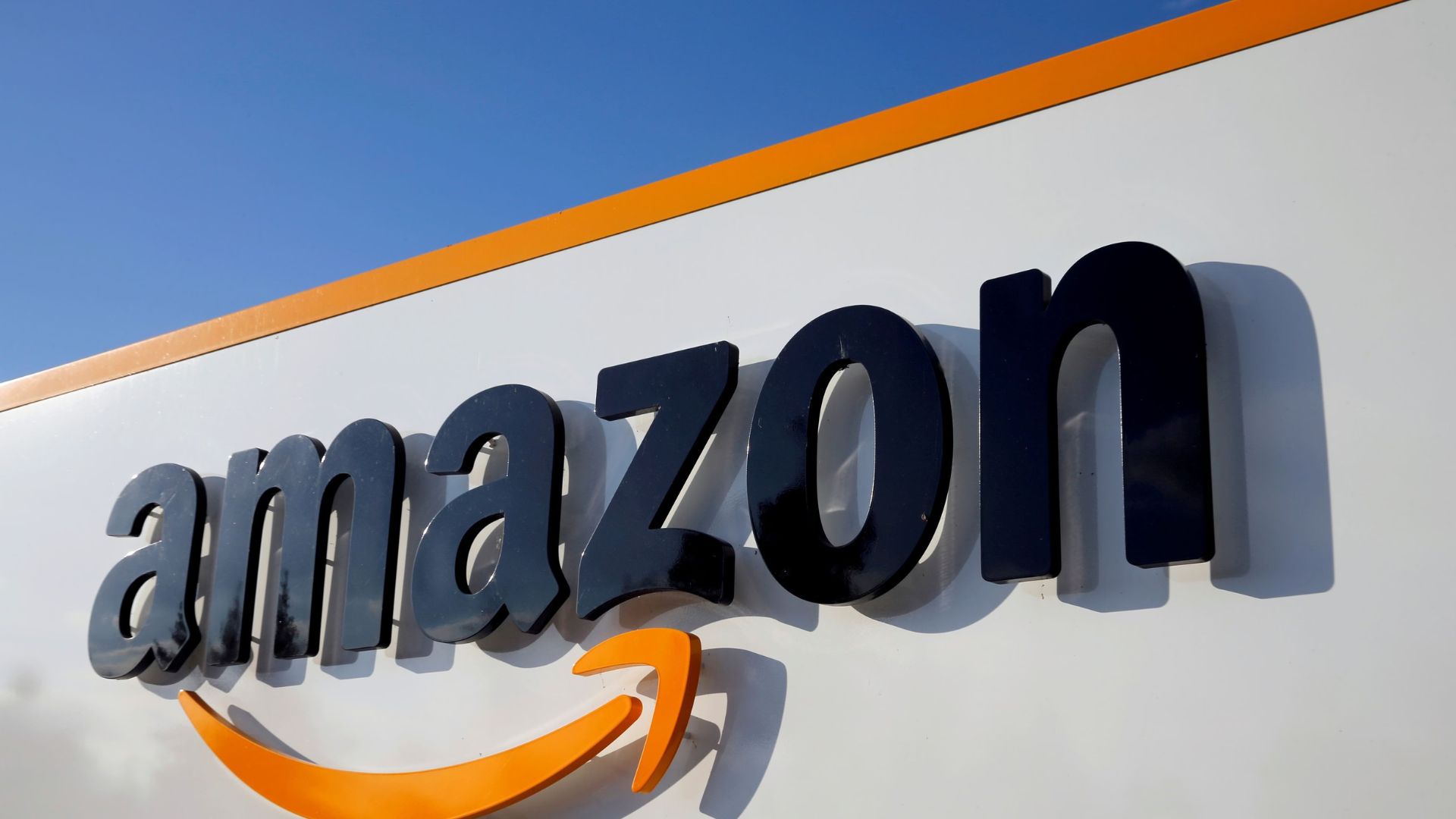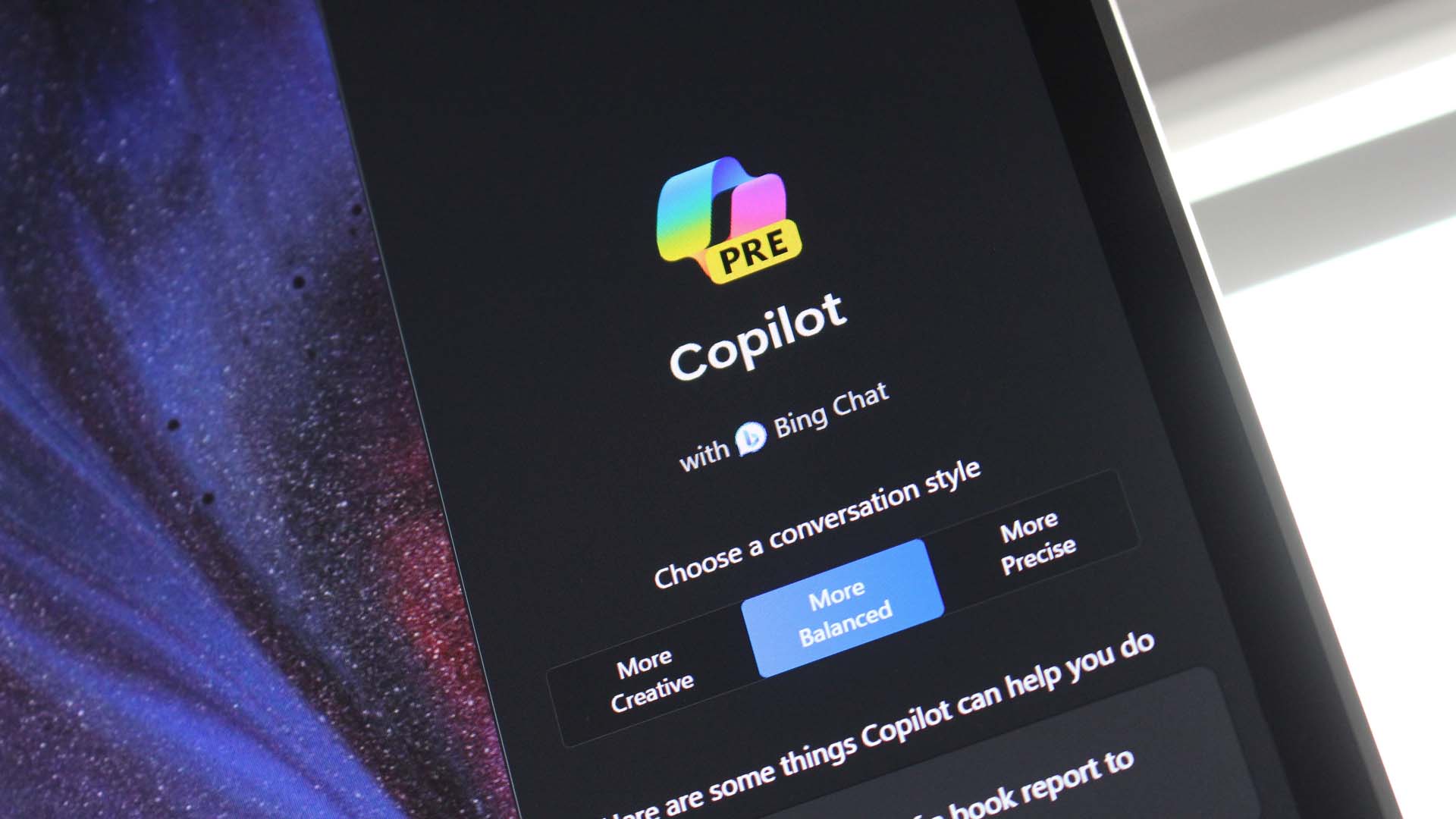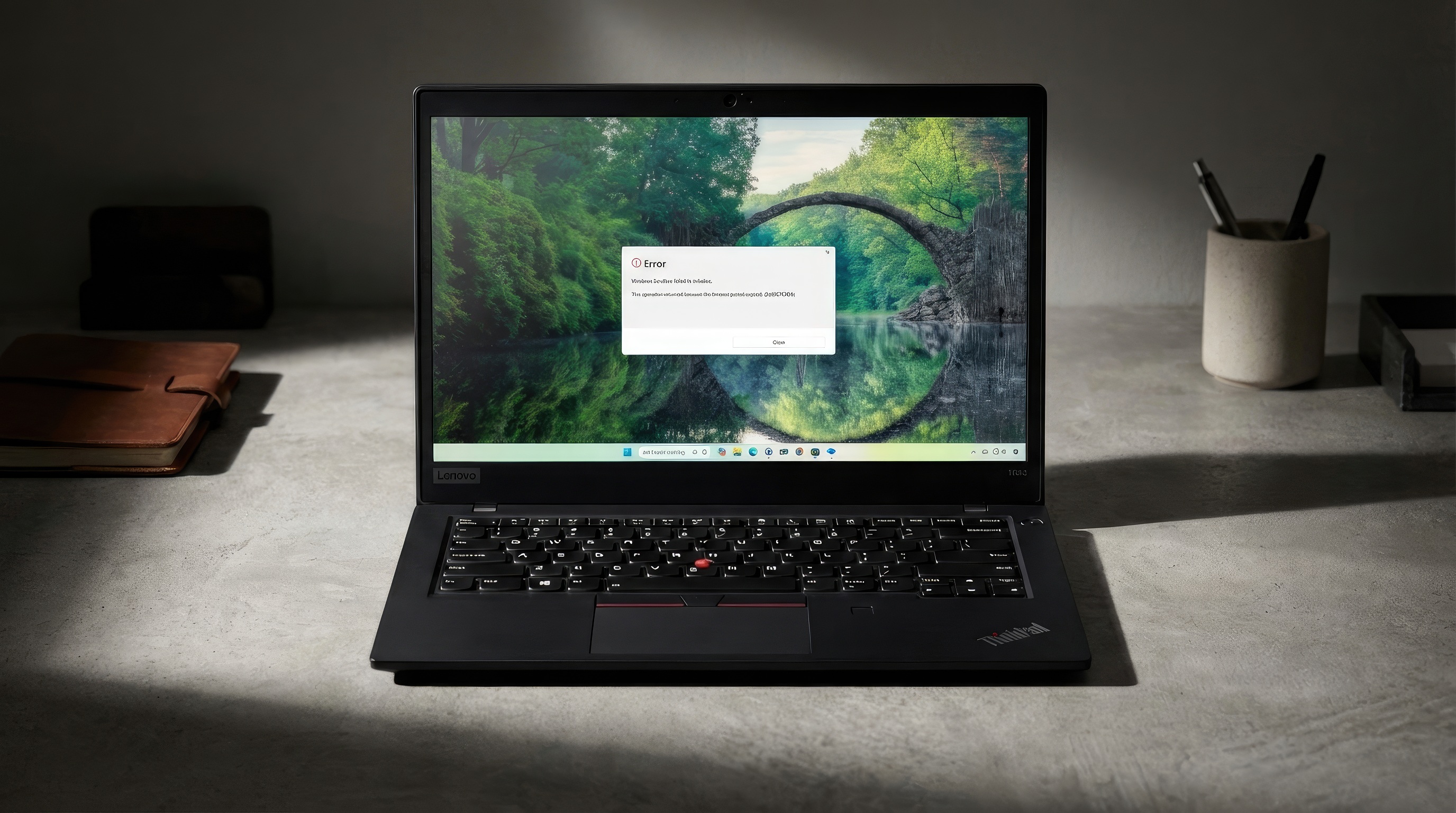Leaked employee discussions demonstrate Amazon Q's lack of feature parity and potential loss of clientele to Microsoft's Copilot AI:"Q is fit for demos and very tightly controlled simple use cases"
Amazon Q could lose its user base to Microsoft's Copilot due to its incompatibility with other software and lack of feature parity.

What you need to know
- According to leaked Slack messages belonging to Amazon employees, the company's Q AI chatbot incompatibility with other software and lack of feature parity with competitors leaves it with the shorter end of the stick.
- An Amazon employee said the chatbot's capabilities are limited to demos and "tightly controlled simple use cases."
- Employees are concerned that Amazon Q could lose its users to Microsoft Copilot.
With the rapid emergence of generative AI, every major tech corporation is jumping on board to explore new opportunities. Companies like Microsoft and OpenAI have enjoyed significant success in the category due to their early investment and integration of AI across their tech stacks.
However, Google and Amazon have seemingly kept the technology at arm's length, citing critical concerns, including safety, privacy, and the inability to establish a clear path to profitability in the relatively new space. Interestingly, both companies have warmed up to AI and have made significant strides in the category with new products to give their competitors a head start and a run for their money.
For instance, Amazon debuted its Q chatbot late last year, which can summarize documents, generate content, answer queries, and more. Like Microsoft's Copilot Pro or OpenAI's ChatGPT Plus, Amazon's Q Business Pro model is a paid subscription service that costs $20 monthly.
Update 9/9/2024: Amazon has responded with a comment about this situation:
“Being vocally self-critical is core to how we earn the trust of customers, and we seek and value builder feedback. We already see large customers like Bayer, Smartsheet, and National Australia Bank using Amazon Q today, and we continue to use Amazon Q across our businesses, including the AWS sales organization and Prime Video.” — AWS spokesperson
While Amazon Q is relatively similar to its rivals in the category, leaked internal Slack messages belonging to several Amazon Web Services (AWS) staffers, as seen by Business Insider, don't inspire the same confidence.
In the messages, the employees discussed Amazon Q's performance since its rollout to general availability, indicating its lack of feature parity and incompatibility with other software compared to its competitors.
The employees also feared losing their client base to Microsoft's Copilot AI over the highlighted issues. "My view is that Q is fit for demos and very tightly controlled simple use cases right now," an Amazon employee indicated in the leaked Slack messages.
AI seems like a difficult category to establish dominance
In the past few months, Microsoft, Apple, and NVIDIA have battled for the world's most valuable company crown, each getting a taste due to their investment and adoption of the technology. However, NVIDIA's market valuation took a major hit earlier this week, dropping by $279 billion.
All the latest news, reviews, and guides for Windows and Xbox diehards.
Interestingly, Google's former boss Eric Schmidt recently placed his bet on NVIDIA to win the AI race and referred to Microsoft's multi-billion dollar investment in OpenAI as "the stupidest idea" he'd ever heard of. He further indicated that despite Google and Microsoft's vast resources, NVIDIA would win the AI race because of their overreliance on the chipmaker's advanced GPUs for training and developing AI models.
Similarly, OpenAI is trapped between a rock and a hard place and is on the brink of bankruptcy within the next 12 months, with a projected $5 billion loss. However, Microsoft, NVIDIA, and Apple will reportedly extend the ChatGPT maker's lifeline through another round of funding that could push its market cap well beyond $100 billion.
While Amazon Q's feature parity remains a critical issue in the fierce AI arms race, Amazon recently threw jabs at Google via its internal sales guidelines, touting its vast experience in building custom silicon processors and AI chips as an advantage over its rivals in the AI landscape. The remarks didn't sit well with Google, which responded by indicating, "We're flattered they're worried about us, but fiction doesn't become fact just because it's in talking points."
🎒The best Back to School deals📝
- 🕹️Xbox Game Pass Ultimate (3-months) | $29.99 at CDKeys (Save $20!)
- 🎮Lenovo Legion Go (Z1 Extreme) | $599.99 at Best Buy (Save $100!)
- 🎧Sony WH1000XM5 ANC Headphones | $329.99 at Best Buy (Save $70!)
- 🕹️Starfield Premium Upgrade (Xbox & PC) | $27.69 at CDKeys (Save $7!)
- 📺LG UltraGear OLED Curved Monitor 39 | $996.99 at Amazon (Save $503!)
- 💻HP Victus 15.6 Laptop (RTX 4050) | $599 at Walmart (Save $380!)
- 🕹️God of War: Ragnarök (PC, Steam) | $52.09 at CDKeys (Save $8!)
- 💻Lenovo ThinkPad X1 Carbon | $1,481.48 at Lenovo (Save $1,368!)
- 🎧Bose QuietComfort ANC Headphones| $249.00 at Best Buy (Save $100!)
- 🎮 Seagate Xbox Series X|S Card (2TB) | $229.99 at Best Buy (Save $130!)
- 🕹️Hi-Fi RUSH (PC, Steam) | $8.99 at CDKeys (Save $21!)
- 🖱️Razer Basilisk V3 Wired Mouse | $46.99 at Best Buy (Save $23!)
- 🖥️Lenovo ThinkStation P3 (Core i5 vPro) | $879.00 at Lenovo (Save $880!)

Kevin Okemwa is a seasoned tech journalist based in Nairobi, Kenya with lots of experience covering the latest trends and developments in the industry at Windows Central. With a passion for innovation and a keen eye for detail, he has written for leading publications such as OnMSFT, MakeUseOf, and Windows Report, providing insightful analysis and breaking news on everything revolving around the Microsoft ecosystem. While AFK and not busy following the ever-emerging trends in tech, you can find him exploring the world or listening to music.

